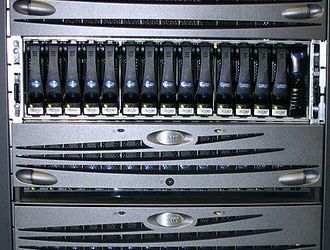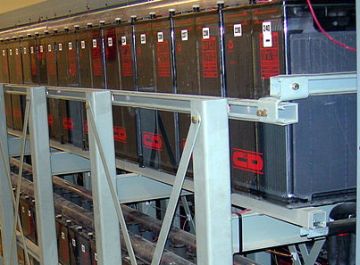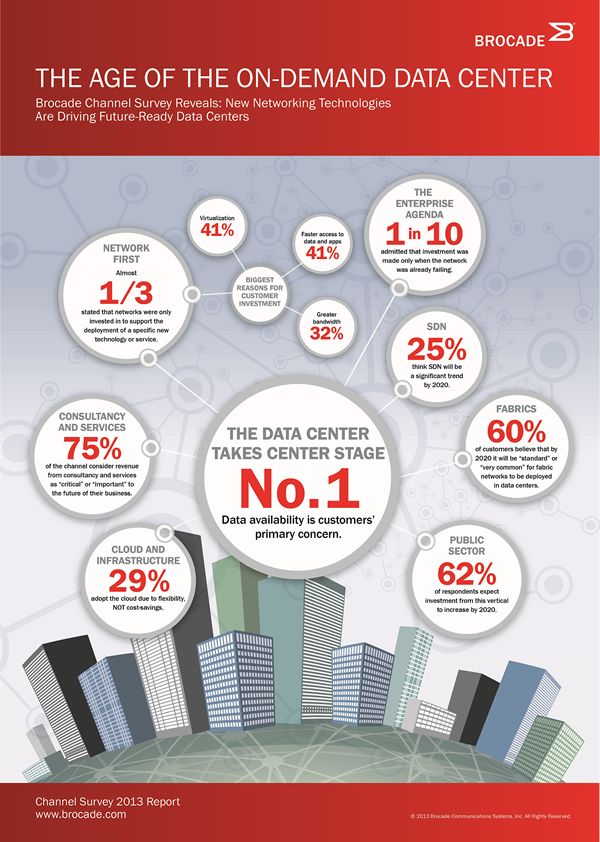 As predicted here, now is the time for predictions for 2014. And the latest seer to gaze into his dark John Dee style speculum is Mario Faria, from ServiceSource.
As predicted here, now is the time for predictions for 2014. And the latest seer to gaze into his dark John Dee style speculum is Mario Faria, from ServiceSource.
Fario says many companies have experimented with big data stuff during 2013 and tried pilots. The crunch time will be when these pilots start to show a return on investment.
And next year, he says, the phrase big data will yield to analytics because it’s not about collecting data but to capture, analyse and act in the here and now to stay cmpetitive.
Fario’s job title is Chief Data Officer and he explains that this function is the janitor of data but also an evangelist and will engage in 2014 with the board of directors. No doubt the board of directors will engage with chief data officers too.
Unlike the Harris poll we published earlier, which shows a degree of insouciance about wearable stuff, Fario thinks that Fistbit, Nike devices and Google Glasses will be part of our everyday life.
But ultimately, everything is down to the quality of data because if its not reliable any amount of analysis will not deliver results. He says that data quality is a money maker.



















